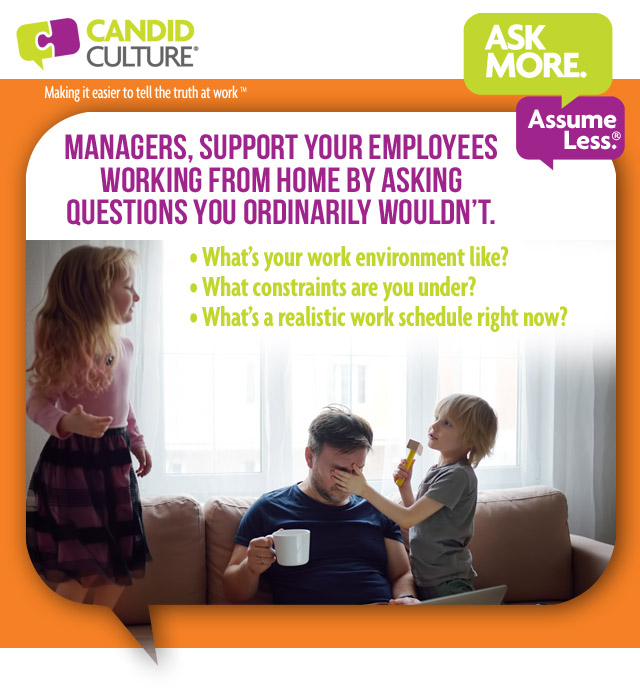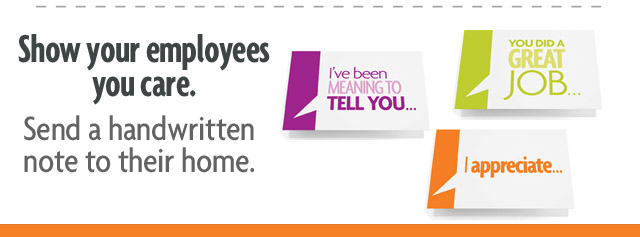Talk About Work Environment and Constraints – Cross the Line
It’s been eleven months that many people are working from home who would ordinarily go into an office. Some people are content with the fancy-on-the-top, jammies on the bottom video-work life, others are feeling lonely and isolated. Some employees have a private, uninterrupted work setting, others are trying to find a quiet place to participate in meetings while a partner and kids are also at home. Working from home amid distractions and loneliness is tricky and we need to be able to talk about it.
Managers, your employees don’t want to tell you they’re struggling, lonely, distracted, or can’t make certain meetings or deadlines. They want you to think everything is fine, that they’re fine. Who likes to admit to their boss that they can’t keep up or are unhappy at work?
If a manager loves working from home and has a quiet, uninterrupted work environment, it may be easy to miss employees’ challenges. Managers need to cross the line and ask questions they otherwise wouldn’t.
Don’t assume employees are fine. Don’t assume employees will tell you if they’re not. They likely won’t. You need to ask and make it easy and safe to tell you the truth.

Managers, ask employees these questions:
- What’s your work environment like?
- What constraints are you under?
- What’s a realistic work schedule right now?
- What do you want me to know?
- What do you need?
It may seem like it’s too late to ask. It’s not. It’s never too late. Simply be honest. It could sound something like, “I wanted to check in and see how you’re doing working from home. I want to ask some questions so I can support you. I wish I’d asked before. I’m sorry I didn’t.”
Managers who are willing to tell employees they wish they’d done something differently earn loyalty and trust for showing vulnerability and humanity. Strong managers admit mistakes.
If you’re nervous that employees will delve into arenas that are too personal, set parameters for the conversation. It’s ok to set boundaries when asking questions. You could say, “I want to talk about some of the constraints you may be under working from home. I’m sorry I didn’t ask before. Let’s focus on things I can support you with and stay away from items I can’t help with like finances and personal relationships.”
Then be prepared to help employees problem solve. Maybe employees need a different work schedule or different deadlines or deliverables. Maybe employees need help setting expectations with peers and clients around when they can and can’t attend meetings.
Make it safe to talk about how employees are really doing and what they need to be successful in today’s circumstances. Tell employees that you really want to know, you’re sorry you didn’t ask before, and that it’s safe to tell the truth. Then problem solve with employees. And ask the same questions periodically. Make talking about work environment, schedule, and expectations a regular conversation.





